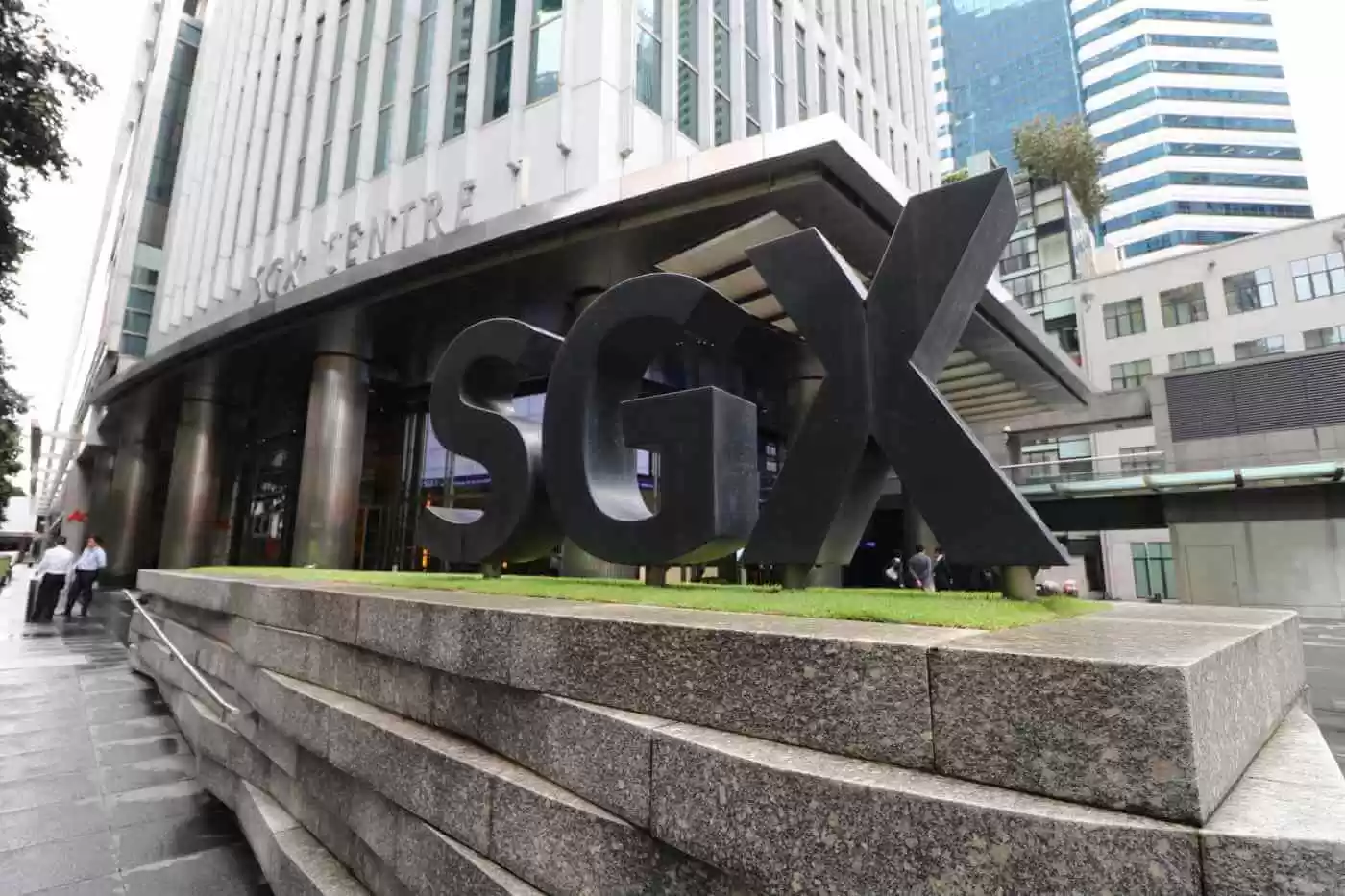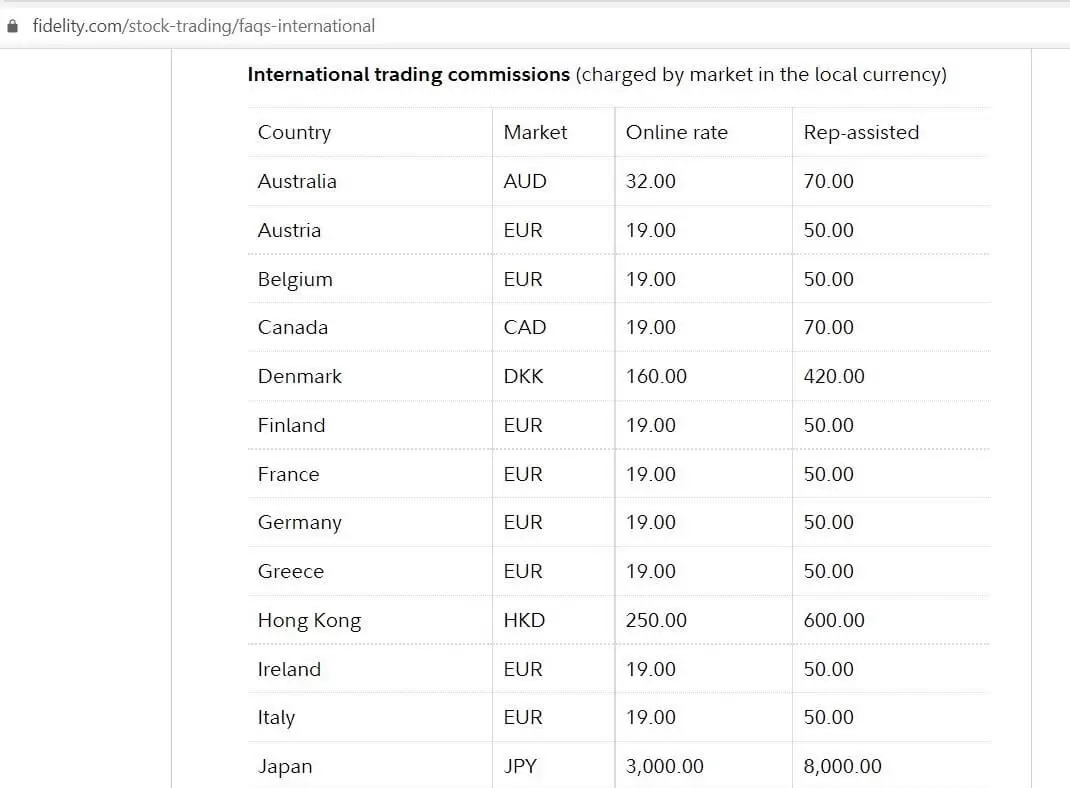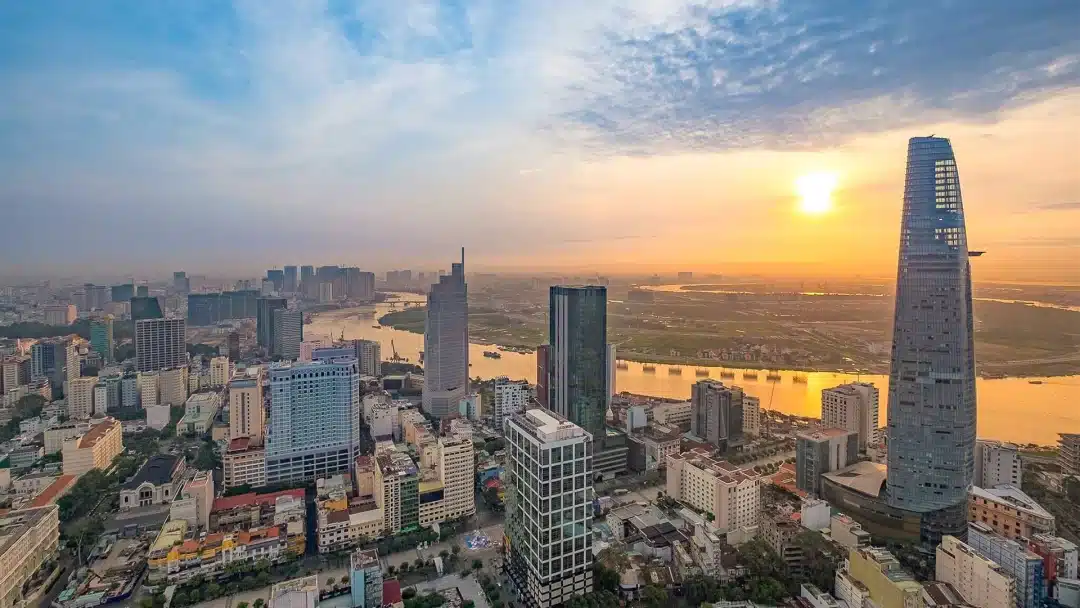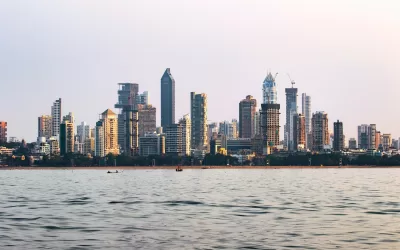Last updated September 4th, 2023.
Buying stocks in Asia is a superb way to enhance your portfolio. The continent hosts over three dozen equity exchanges and a diverse range of different countries, from fully developed economies to frontier markets.
Asia is the world’s largest continent in terms of both land size and population. Home to 4.5 billion people and rising, one could say that investing in Asia means investing in the bulk of humanity.
So, how do you buy stocks in Asia? The exact process you’ll need to go through will depend entirely on which country you want to trade in.
If you’re simply looking to invest in major stock markets like Japan’s or Hong Kong’s, then the broker you normally use in your home country should work just fine.
Practically any decent brokerage firm based in the US or Europe will let you make international trades in developed Asia.
On the other hand, if you want to buy stocks in frontier markets like Vietnam or the Philippines, you’ll need to get a brokerage account in Asia. Your usual account won’t let you trade in the region’s difficult-to-access stock markets.
Keep reading to learn how you can buy stocks in Asia. We’ll show you how to trade anywhere from the region’s most developed nations, all the way to its high-potential frontier markets.

Singapore’s stock exchange is Southeast Asia’s largest on its own. Once you consider the fact that a brokerage account here allows you to trade in Malaysia, Vietnam, Indonesia and plenty of other emerging markets, it seems even bigger though.
Buying Through Your Normal Broker
We’re assuming you’ve already set up a brokerage account in your home country. If not, you should probably first become familiar with your local market before making international stock trades.
A brokerage account with large financial institutions including Fidelity, Schwab, or Interactive Brokers will grant you access to some Asian markets.
Typically, a brokerage account based outside of Asia will let you buy stocks in Singapore, Japan, and Hong Kong. That’s all.
Out of all the American and European companies, Interactive Brokers offers the greatest amount of flexibility. They allow trading on the Korea Exchange, Shanghai Stock Exchange, and Shenzhen Stock Exchange in addition to the aforementioned countries.
Having some exposure to developed Asia is also a good idea. With that said, you’ll generally find better opportunities in the region’s emerging and frontier markets. Stocks in Vietnam, the Philippines, and Indonesia have better fundamentals and more attractive valuations right now.
Getting an Account in Singapore/Hong Kong
Singapore and Hong Kong are Asia’s two main financial hubs. Each territory serves to feed capital into their respective region – Southeast Asia in Singapore’s case, and Mainland China for Hong Kong.
Each of them does have their own equity market (two of Asia’s largest, in fact), although domestic stocks aren’t even the main reason why you should open a brokerage account in Singapore or Hong Kong.
See, these two cities serve as international gateways, facilitating the flow of capital into Asia’s emerging markets. Because of this, opening a brokerage account in either Singapore or Hong Kong provides you with greater access to equity markets across the entire Asian continent.
A broker in Singapore doesn’t only let you buy local stocks. Having a foothold set up here allows you to trade equities throughout Asia’s emerging markets, including on exchanges which are normally difficult-to-access as a foreigner.
Here is a list of countries that a Hong Kong or Singaporean brokerage firm will usually let you trade stocks in, but an Interactive Brokers account won’t:
– Thailand
– Malaysia
– Indonesia
– Vietnam
– The Philippines
Furthermore, you’ll benefit from lower brokerage fees when you’re trading stocks through an account based in Asia.
It’s common to pay international brokerage fees in excess of US$50 per trade if you’re buying stocks in Asia through an account based in the US or Europe.
By comparison, you’ll rarely pay more than a few dollars per trade when using a Hong Kong or Singapore brokerage account.
High brokerage commissions may not impact you much if you’re making larger trades in the five-figure range. Regardless, most investors would probably wince at least somewhat at the thought of paying a US$100 roundtrip transaction cost.

US-based Fidelity Investments, just to give one example, charges commission worth about US$30 per transaction if you’re trading stocks in Japan or Hong Kong. But you can expect to pay the equivalent of US$5 or less with a brokerage account in Asia.
How to Trade in Asia’s Frontier Markets
If you’re looking to buy stocks in truly exotic markets, such as Cambodia or Laos, you’ll need to visit each individual country and set up a local trading account.
Even a brokerage account in nearby Singapore or Hong Kong won’t let you access Asia’s higher-growth frontier markets. Vietnam and the Philippines are about as far as you’ll get without spending a decent amount of personal time and on-the-ground effort.
Still though, frontier market economies are driven by internal growth factors, and exposure to them can enhance almost any portfolio.
These countries stand to gain from positive demographic trends including robust population growth, rising urbanization rate, and a low-average age.
Asia’s developing nations are therefore less correlated with the global economy, which makes investing in their real estate and stock markets an effective method of further diversifying your portfolio.
Below is a list of frontier markets in Asia with a stock exchange:
– Mongolia
– Cambodia
– Laos
– Myanmar
– Bangladesh
The exact procedure of opening a brokerage account in the above countries varies between them. Asia’s frontier markets don’t exactly have a “one-size-fits-all”, uniform standard.
In several of these countries, you must also hold a long-term visa or citizenship before you’re allowed to trade stocks. You can’t simply show up as a foreign tourist.
Sure, entry barriers are usually a hassle and not very pleasant to deal with at all. This very reason is also why many investors decided to not invest in these markets from the beginning. Nonetheless, they’re a valuable ally if you’re willing to break them down.
Barriers to entry can help keep asset valuations fair… at least for a certain amount of time.
Large financial institutions like Morgan Stanley aren’t exactly investing in Bangladesh or Laos yet. Thus, frontier market stock exchanges are often unexplored and uncorrelated with plenty of deals available to find.
Buying Stocks in Asia: Taking Your First Step
Now that we’ve covered how to trade stocks everywhere from Japan to Vietnam, you might be asking yourself: “how should I begin?”.
Perhaps consider starting off with trading stocks in Asia through your normal broker at home, if you haven’t done so already.
Countries such as Japan and Singapore aren’t exotic compared to the region’s emerging and frontier markets, nor do they provide the same type of diversification. They can certainly play a role in almost any stock portfolio though.
Gaining general exposure to Asian markets through an ETF might be a good idea as well. If you’re based in the US or Europe, you can buy ETFs that focus on specific countries including Thailand, Malaysia, and the Philippines.
A few examples of these exchange traded funds are iShares MSCI Indonesia ETF (NYSE:EIDO) and Vietnam Enterprise Investments Limited (LSE: VEIL).
While such ETFs are convenient though, they aren’t flexible at all. They don’t allow targeted access to specific stocks and generally charge high management fees – sometimes above 1% annually, which is substantial for an index fund.
After you’ve done all you can locally, the next logical step is opening a brokerage account in either Hong Kong or Singapore remotely. This will give you access to most of Asia’s emerging market stock exchanges along with the numerous portfolio diversification perks they provide.
If you’re seeking further diversification into Asia’s frontier market stocks, you’ll probably need to book a plane ticket and fly to the specific country you want to trade in.
Making a personal visit isn’t always easy – especially in current times. Yet it remains the only method to open a brokerage account in the vast majority of frontier markets.
Asia’s frontier market stock exchanges often only have a small selection of publicly listed companies. For example, there are exactly 8 stocks on the Cambodia Securities Exchange. You’ll meanwhile find 11 stocks in Laos and 218 on Mongolia.
In summary: Asia’s developed, emerging, and frontier market stocks each serve different purposes. The latter two are more difficult to access, yet also offer unique diversification benefits.
Skip the Next Western Recession
Learn the best places to invest - and where to avoid - by downloading our free Investment Cheat Sheet.







